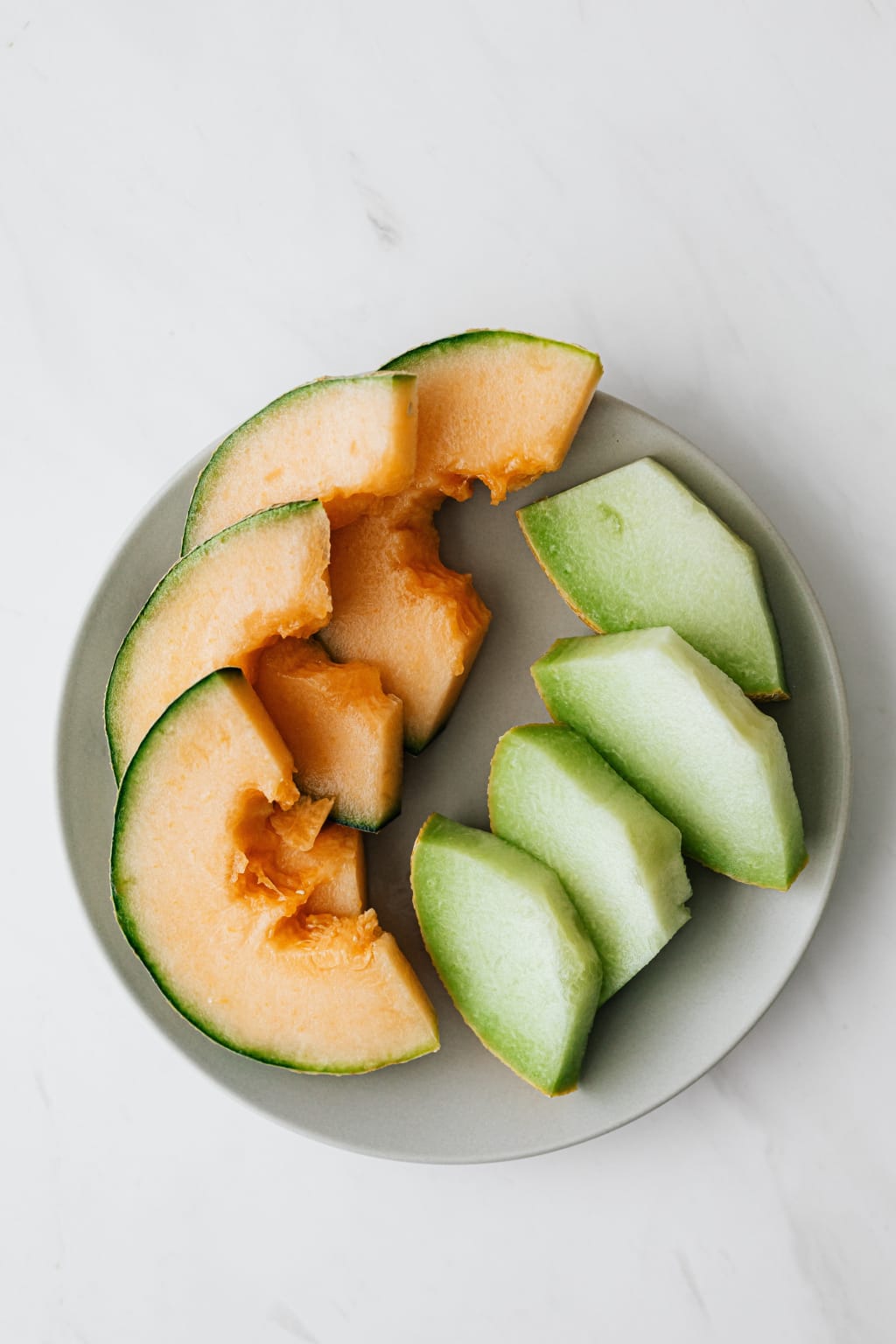The Power of Calorie Counting and Portion Control for Effective Weight Loss
Proven weight loss idea!!

The Power of Calorie Counting and Portion Control for Effective Weight Loss
Losing weight is a challenging process, and there are many different strategies you can use to reach your goals. However, two of the most effective methods are calorie counting and portion control. By tracking your calorie intake and managing your portion sizes, you can make significant progress towards your weight loss goals. In this article, we'll explore the benefits of calorie counting and portion control and provide tips on how to make them work for you.
The Importance of Calorie Counting
Calorie counting is the process of tracking the number of calories you consume throughout the day. This method has been shown to be effective in promoting weight loss, as it helps you maintain a calorie deficit. Here are some of the key benefits of calorie counting:
Provides Awareness of Your Calorie Intake: Calorie counting is a great way to become more aware of the foods you're eating and the number of calories they contain. By tracking your calorie intake, you can identify which foods are high in calories and adjust your diet accordingly.
Allows You to Manage Your Calorie Intake: When you know how many calories you're consuming, you can make adjustments to your diet to ensure you're meeting your daily caloric needs. This can help you maintain a calorie deficit, which is essential for weight loss.
Promotes Accountability: Calorie counting can help keep you accountable for the foods you're consuming. By tracking your calorie intake, you're less likely to overindulge in high-calorie foods.
The Benefits of Portion Control
Portion control involves managing the amount of food you eat at each meal. By controlling your portion sizes, you can reduce your overall calorie intake and promote weight loss. Here are some of the key benefits of portion control:
Helps You Manage Your Calorie Intake: Controlling your portion sizes can help you manage your calorie intake. By eating smaller portions, you can reduce your overall calorie intake and create a calorie deficit, which is essential for weight loss.
Prevents Overeating: Overeating is a common cause of weight gain. By controlling your portion sizes, you're less likely to overeat, which can help you maintain a healthy weight.
Promotes Healthy Eating Habits: Portion control can help you develop healthy eating habits. By eating smaller portions, you'll learn to listen to your body's hunger and fullness signals, which can help you make better food choices in the long term.
Tips for Successful Calorie Counting and Portion Control
Now that we've discussed the benefits of calorie counting and portion control, let's take a look at some tips for making these strategies work for you:
Use a Food Scale: Weighing your food can help you accurately track your calorie intake and manage your portion sizes. Invest in a good food scale to make this process easier.
Measure Your Food: If you don't have a food scale, you can still manage your portion sizes by measuring your food using measuring cups and spoons.
Use a Calorie-Tracking App: There are many free calorie-tracking apps available that can help you track your calorie intake and manage your portions.
Be Mindful When Eating: Pay attention to your body's hunger and fullness signals when eating. Stop eating when you feel full and avoid eating when you're not hungry.
Plan Your Meals: Planning your meals in advance can help you stay on track with your calorie intake and portion sizes. Make a grocery list and plan your meals for the week ahead.
Practice Moderation: You don't have to completely eliminate your favorite foods to lose weight. Instead, practice moderation by enjoying them in smaller portions or less frequently.
Focus on Nutrient-Dense Foods: When planning your meals, aim to include nutrient-dense foods such as fruits, vegetables, whole grains, lean proteins, and healthy fats. These foods will provide your body with the nutrients it needs while keeping your calorie intake in check.
Be Patient: Remember that weight loss is a slow and steady process. Don't get discouraged if you don't see results right away. Stick to your calorie and portion goals, and the results will come.
Potential Drawbacks of Calorie Counting and Portion Control
While calorie counting and portion control are effective weight loss strategies, there are potential drawbacks to consider. Here are a few to keep in mind:
Can Be Time-Consuming: Tracking your calorie intake and managing your portion sizes can be time-consuming. You may need to spend more time preparing meals and tracking your food intake, which can be challenging if you have a busy schedule.
Can Be Overwhelming: For some people, tracking every calorie and measuring every portion can be overwhelming. If you find yourself getting stressed or anxious about tracking your food intake, it may not be the best strategy for you.
Can Be Difficult to Maintain: While calorie counting and portion control can help you lose weight, they may be difficult to maintain in the long term. You may need to continue tracking your food intake and managing your portions even after you've reached your weight loss goals.
Additional Tips for Successful Weight Loss
In addition to calorie counting and portion control, there are a few additional tips that can help you achieve successful weight loss:
Stay Active: Regular physical activity is essential for weight loss and overall health. Aim to get at least 30 minutes of moderate-intensity exercise most days of the week.
Get Enough Sleep: Sleep is important for weight loss because it helps regulate hormones that control hunger and fullness. Aim for at least seven hours of sleep each night. Avoid late-night sleeping.
Drink Plenty of Water: Drinking water can help you feel full and prevent overeating. Aim for at least eight glasses of water per day. Whenever you are more exposed to the sun accordingly increase your water intake.
Manage Stress: Stress can lead to overeating and weight gain. Find healthy ways to manage stress, such as exercise, meditation, or spending time with friends and family. Talking or engaging with kids.
Seek Support: Losing weight can be challenging, so it's important to have a support system in place. Consider joining a weight loss group, working with a personal trainer, or seeking the support of friends and family.
Conclusion
In conclusion, calorie counting and portion control are effective weight loss strategies that can help you achieve your goals. Calorie counting and portion control are powerful tools for weight loss. By tracking your calorie intake and managing your portion sizes, you can create a calorie deficit, which is essential for weight loss.
While there are potential drawbacks to consider, these strategies can be highly effective when done correctly. Remember to stay active, get enough sleep, drink plenty of water, manage stress, and seek support to maximize your weight loss success. With dedication and perseverance, you can achieve your weight loss goals and live a healthier, happier life.
Remember to be patient, practice moderation, and focus on nutrient-dense foods to make these strategies work for you. With dedication and perseverance, you can achieve your weight loss goals and live a healthier, happier life.





Comments
There are no comments for this story
Be the first to respond and start the conversation.